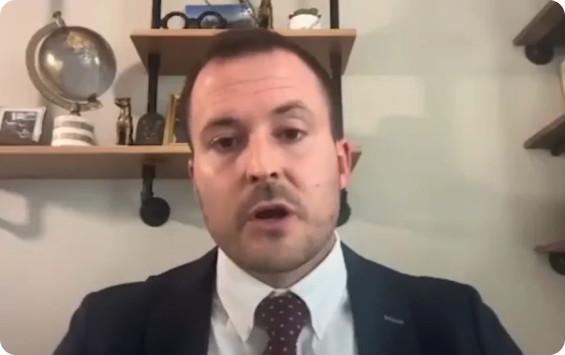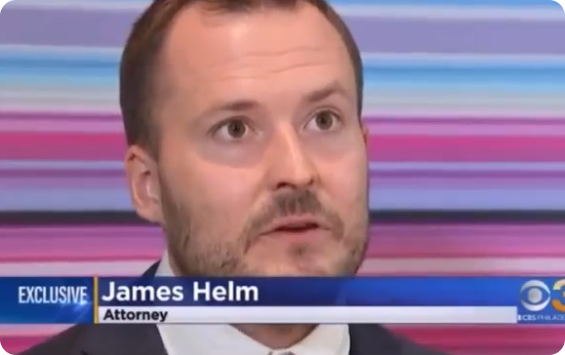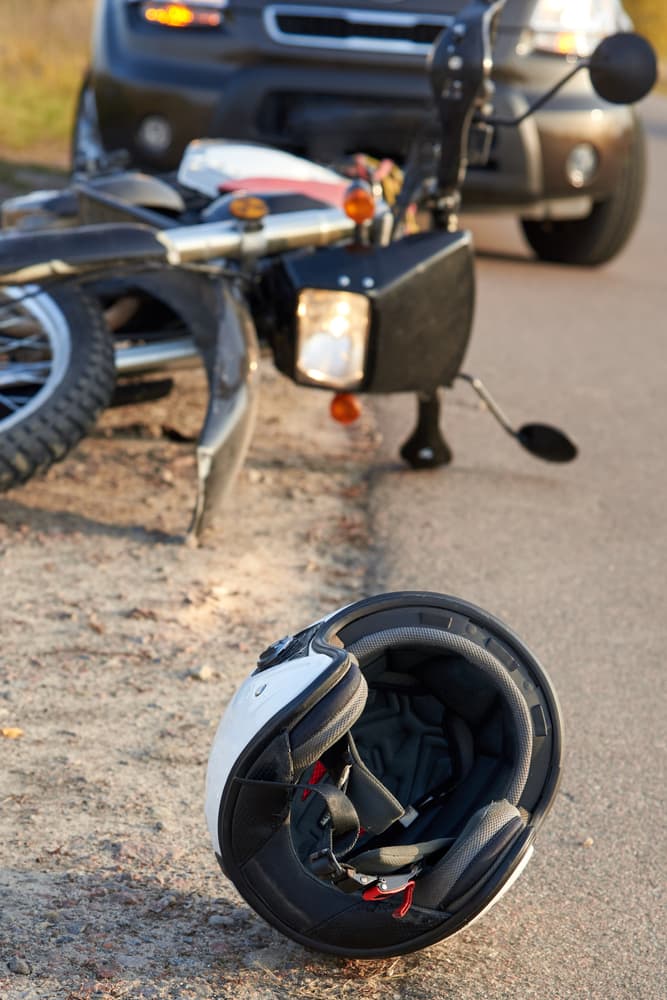Home » Motorcycle Accident Lawyer » Illinois Motorcycle Accident Lawyer » Chicago Motorcycle Accident Lawyer
Riding a motorcycle in Chicago demands constant vigilance. Even the most skilled riders face daily risks—from unpredictable drivers who drift into lanes without looking to potholes that can upend a bike in an instant. When someone else’s carelessness causes a crash, the consequences can be devastating.
If you’ve been injured in a motorcycle accident, you may be dealing with intense physical pain, time away from work, and the mounting pressure of medical bills. These burdens shouldn’t fall on your shoulders alone—especially when another person’s negligence is to blame.
Illinois law gives you the right to seek compensation for your losses, but navigating that process isn’t easy. Insurance companies often try to minimize your injuries, shift responsibility, or pressure you into accepting settlements that don’t come close to covering your real costs.
TopDog Law Personal Injury Lawyers maintains a trusted network of experienced personal injury attorneys in the Chicago area. These legal professionals understand what you’re going through and are ready to help you pursue the compensation you need to move forward. Whether it’s gathering evidence, negotiating with insurers, or fighting for your rights in court, they work tirelessly on behalf of injury victims like you.
If you’re ready to explore your legal options, call (708) 734-6928 to be connected with a Chicago motorcycle accident lawyer who can help you take the next step toward justice.



Some crashes leave a rider shaken but mostly fine. Others leave them in an ambulance—or worse. While no two wrecks are exactly alike, certain types happen again and again:
Unlike car passengers, motorcyclists don’t have seat belts, airbags, or steel frames protecting them. When a crash happens, the road wins every time. Some injuries heal in weeks. Others alter everything about a person’s life.
Illinois doesn’t have a universal helmet law, meaning riders aren’t required to wear one. But before skipping it, consider this: if a crash leads to a head injury, insurance companies and opposing lawyers will argue that not wearing a helmet makes the injuries worse—even if the law doesn’t mandate it.
Illinois follows a modified comparative negligence rule (735 ILCS 5/2-1116). If a motorcyclist is found less than 50% responsible for the accident, they can recover damages. If they’re 50% or more at fault, they walk away with nothing. Insurance companies latch onto this rule, twisting the facts to push more blame onto the rider and reduce payouts.
The statute of limitations for personal injury lawsuits in Illinois is two years (735 ILCS 5/13-202). If a claim isn’t filed within that window, the chance to recover compensation disappears. However, some exceptions apply, like cases involving minors or injuries that weren’t immediately obvious.
Lane splitting—riding between lanes of stopped or slow-moving traffic—is illegal in Illinois. If an accident happens while lane splitting, the motorcyclist may be considered at fault, which complicates any claim for damages.
Insurance companies love to throw out lowball numbers, hoping injured riders will take whatever they’re offered and go away. But a motorcycle accident claim isn’t about what an insurer wants to pay—it’s about what the law allows a rider to recover. And that number depends on three main types of damages: economic, non-economic, and punitive.
Some losses come with a price tag, and they add up fast:
Some losses don’t show up on a bill, but they’re just as real. Illinois law allows injured motorcyclists to recover compensation for:
Illinois doesn’t cap non-economic damages in personal injury cases, meaning there’s no legal limit to how much an injured rider can recover for pain and suffering.
Not every case qualifies for punitive damages (735 ILCS 5/2-1115.05). Courts award these only when the at-fault party’s actions go beyond negligence—when they show reckless disregard for human life. Think drunk drivers, street racers, or drivers who deliberately run motorcyclists off the road. The purpose isn’t to compensate the victim but to punish the offender and deter future misconduct.

Some streets feel like an accident waiting to happen. A car swerves without warning, a pothole threatens to send a rider flying, and an oblivious pedestrian steps into the road like they have a death wish. Chicago has no shortage of these danger zones, and the numbers prove it.
Intersections are where everything goes wrong. Cars turn left without looking, drivers run red lights, and motorcycles become invisible the second a driver gets distracted. The Chicago Department of Transportation (CDOT) identified the most hazardous intersections for all types of crashes, and motorcyclists face the same dangers in these spots:
Chicago’s highways have one rule—keep up or get run over. When cars, trucks, and motorcycles weave between lanes at 70+ mph, a single miscalculation turns deadly.
The Dan Ryan Expressway (I-90/I-94) consistently ranks among the most dangerous highways in Illinois. Frequent lane shifts, stop-and-go traffic, and aggressive drivers leave little room for error. Other risky stretches include:
At high speeds, even a minor impact throws a motorcyclist into life-threatening territory.
Not every crash happens on a major road. Some of the worst accidents occur in quiet neighborhoods, where drivers assume nothing bad will happen. Areas like Wicker Park, Logan Square, and Lincoln Park see a high number of motorcycle crashes, partly because of:
A motorcycle accident is bad. But dealing with insurance afterward is worse. The wreck is over in seconds, but the battle for fair compensation drags on for weeks, months—sometimes years. Insurance companies don’t make money by paying claims. They make money by avoiding them.
The moment an accident happens, insurers get to work. Not by helping the injured motorcyclist, but by figuring out how to pay them as little as possible.
Insurance adjusters have one job: settle claims for as little as possible. They do this by:
Insurance companies have teams of lawyers, endless resources, and a playbook designed to minimize claims. But their tactics fall apart when an experienced Chicago motorcycle accident lawyer steps in.
A wreck is chaos. The legal battle that follows doesn’t have to be. After the dust settles, certain steps make a case stronger—and mistakes give the insurance company ammo to pay less.

A motorcycle crash flips your life upside down, but an insurance company wants to slap a lowball number on it and call it a day. That’s not how this works. Medical bills stack up, paychecks stop coming, and pain becomes part of your routine. None of that should be your burden to carry alone.
At TopDog Law, our network of attorneys fights to make sure injured riders get what they deserve. Call (708) 734-6928 today, and we’ll connect you with a Chicago motorcycle accident lawyer who knows how to win.

6832 W North Ave #2A
Chicago, IL 60707